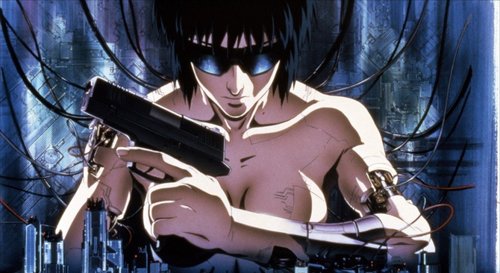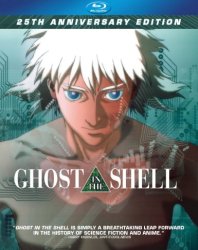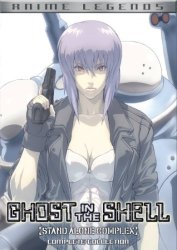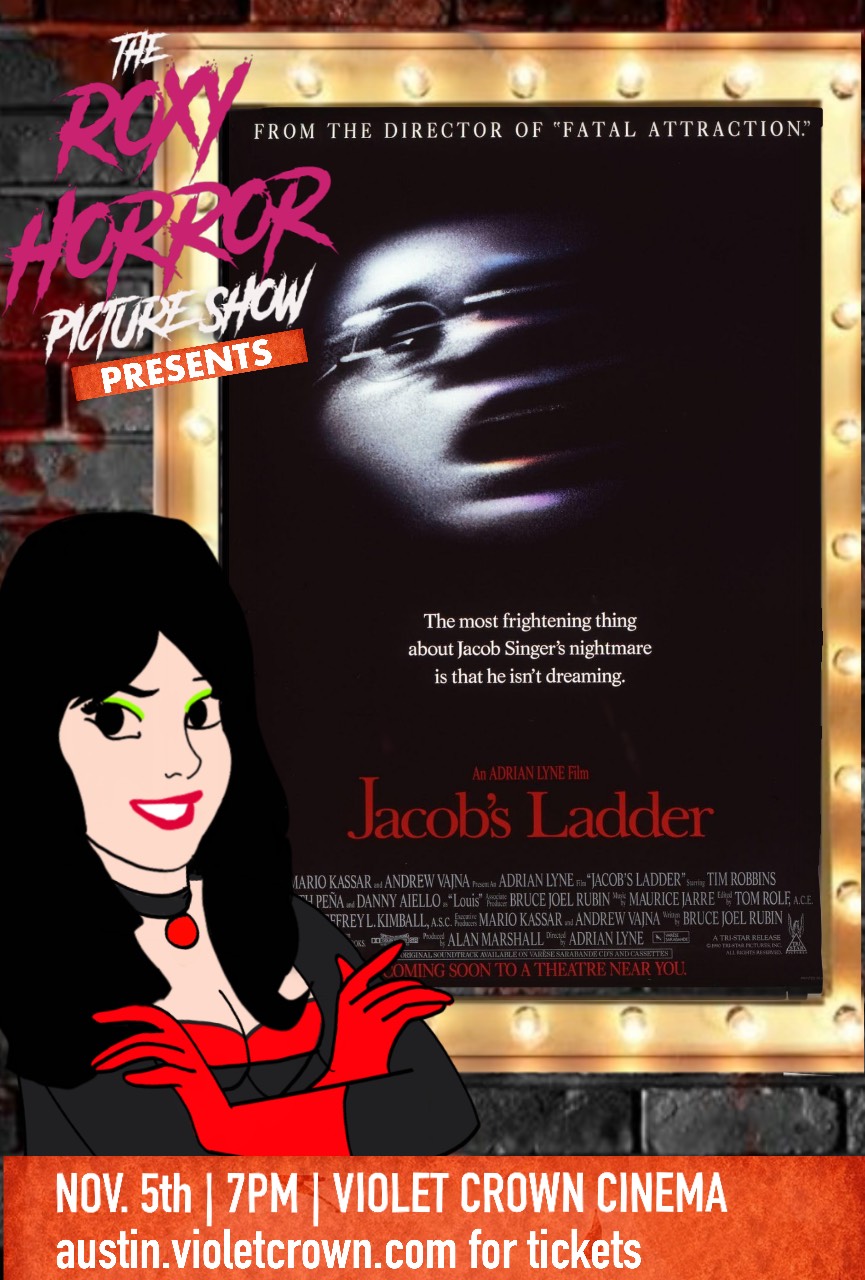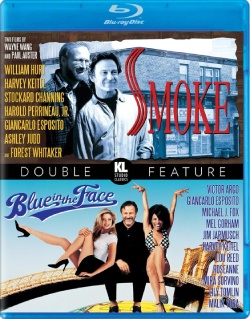When Steven Spielberg’s DreamWorks acquired the film rights to Ghost in the Shell in 2008, many knew that an adaptation of the beloved anime and manga was on its way. After going through several creative teams, the project seemed to finally pick up steam when Rupert Sanders was brought on to direct and William Wheeler was assigned to pen the screenplay. However, the project has received some backlash for “whitewashing” with its casting of Scarlett Johansson as Motoko Kusanagi, a Japanese character.
Whitewashing and racebending has become all too familiar in Hollywood films, and Johansson’s casting in Ghost in the Shell is just the most recent example. Johansson, who has certainly been proving herself quite the action star in movies like The Avengers and Captain America: The Winter Soldier, may have been viewed as an attractive choice due to action oriented material that is in Ghost in the Shell. Still, the character that she supposedly portraying is Japanese, making her casting strange to many.

For those unfamiliar with the anime, Ghost in the Shell is an adaptation of a manga of the same name set in a technologically advanced Japan. Computers and robotics have become so advanced that many humans now possess cyberbrains, a technology that allows one to interface their biological brain with various computer networks. “Cyberization” varies among many individuals. Some only use small cybernetic interfaces, while others almost completely replace their bodies and brains with cybernetic parts and prosthetics. Ghost in the Shell’s protagonist, Major Motoko Kusanagi, falls into the latter group. She is an agent for Section 9, a special task force of former military officers and police detectives who investigate cyber-crime/terrorism. The magna, film and television series follow Kusanagi and her fellow agents as they uncover everything from terrorist plots to corporate conspiracies.
The manga and anime are also severely critical of the United States, which is represented as the American Empire. Most of the American characters come off as obnoxious blowhards, whose incompetence is only matched by their aggressive attitudes. Section 9 frequently investigates the Empire’s dirty dealings and corporations. The cinematic adaptation will most likely drop the anti-Americanism to appeal to Western audiences, but it’s just another reason that casting Johansson, an American actress, seems out of place, especially with her character working for a secret Japanese task force.

Plus, having a white woman with the name Motoko Kusanagi is a little strange, no? My fear is that Johansson might be that single white-heroic female character in the film. What kind of message does that send by having the white character, with a very Japanese name, be the hero of a movie with a supporting cast of predominantly Asian actors? Of course, those characters might just be whitewashed as well. Is that even worse?
The suits at DreamWorks must know that there are plenty of Asian and Japanese actors working today. Probably the most recent Japanese actor to be introduced to American and Western audiences is Rinko Kikuchi. Her most well known roles include her Oscar-nominated performance in Babel and her role in Pacific Rim, in which she plays a talented young Jager pilot. Most recently, she has been receiving universal praise from critics for her starring role in Kumiko: The Treasure Hunter. The film is loosely based on the life of Takako Konishi, who attempted to uncover the fictional satchel of money that was buried in the 1996 film Fargo.

Doesn’t her acting chops in films Kumiko: The Treasure Hunter and Babel not show that she has talent? Doesn’t the fact that she has proven herself capable as an action heroine in Pacific Rim not qualify her for consideration for a movie like Ghost in the Shell? Of course she’s more than qualified, but there is this weird fear within DreamWorks and other Hollywood studios that they can’t sell a big budget movie with an actor in the lead who isn’t white.
When you get down to the nitty-gritty, the problem is that so few people of color and of different ethnic backgrounds are presented as the main heroes in Hollywood’s biggest films. Most of the time, the male and female lead in the most successful (and not so successful) blockbusters are usually white. Would anyone dare defend the casting decisions in films like The Last Airbender or Exodus: Gods and Kings? Even 2014’s Godzilla featured Aaron Taylor-Johnson, a white man, as the main protagonist of the movie. In the end, this Ghost in the Shell adaptation is just another example of Hollywood being too afraid and too insensitive with their casting choices.
What do you think reader? Is Scarlett Johannsson the right choice for Ghost in the Shell? Should DreamWorks have casted a Japanese actor? Let us know in the comments below!
Interested in picking up some of the titles mentioned in the article? Please use our Amazon links to do so!



